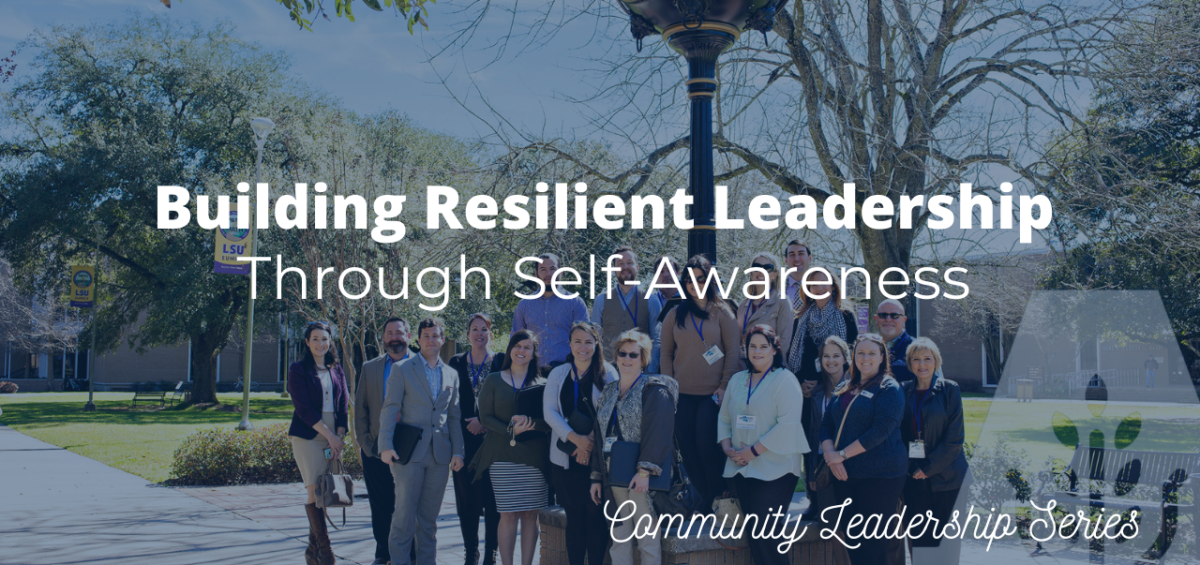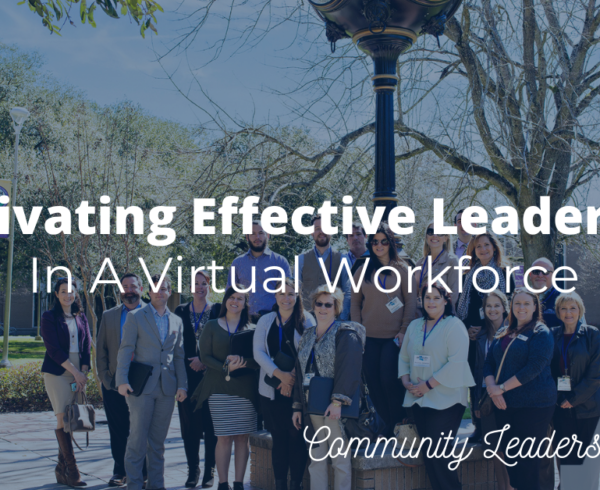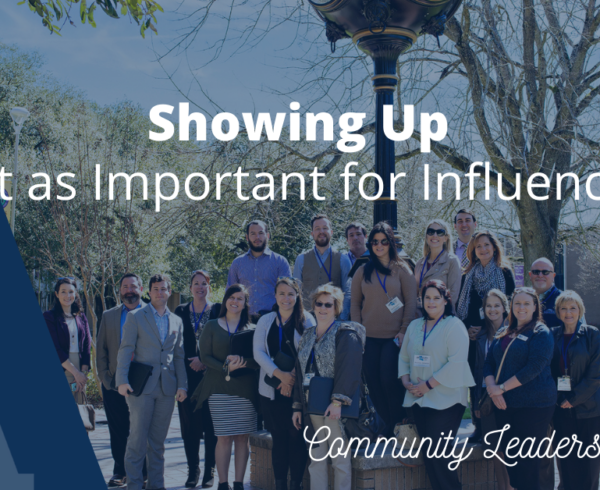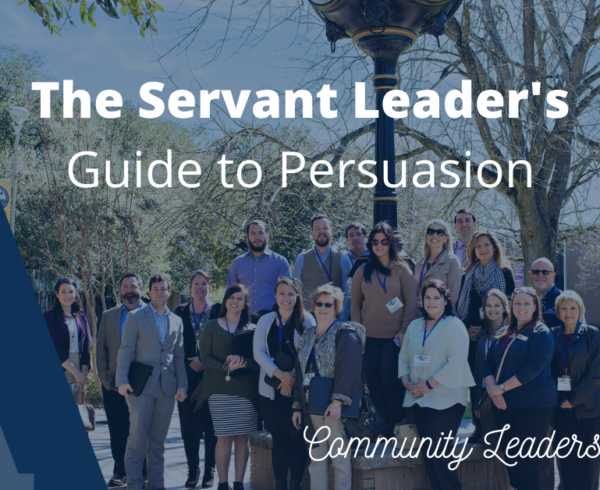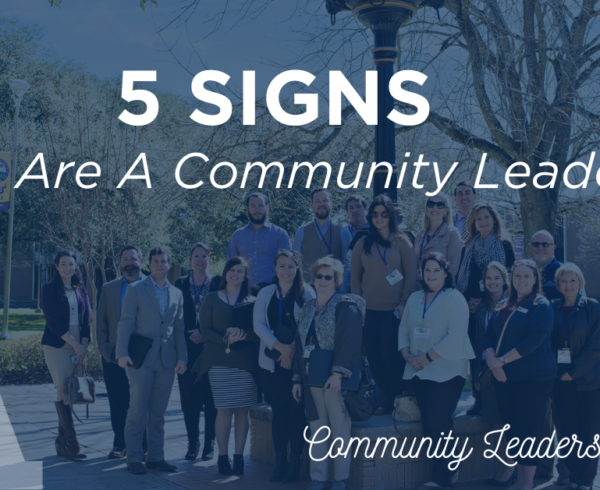Do you know if you’re resilient? A lot of people think they either are or aren’t born with resilience or that it’s a result of circumstance. The truth of the matter is that there are some important factors that affect our resilience. Anyone can be resilient to a point, but after a certain threshold there’s a limit to a person’s ability to cope. Some people are more likely to experience anxiety or other heightened emotions, and many other factors impede on a person’s resilience in the workplace. However, there are some parts of resilience that can be improved with introspection and practice.
One of the biggest problems when giving advice on improving resilience is that it always ends up being too common sense or a one-size-fits-all approach. If you look at resilience through personal growth, it becomes a much more nuanced approach. By building up self-awareness, we can take a closer look at what is draining our energy and recognize what contributes to our engagement, purpose, and sense of well-being.
However, recent research indicates that only 10 to 15 percent of people have good self-awareness. DDI, a global leadership consulting firm that has decades of helping organizations hire, promote, and develop exceptional leaders, teaches leaders three areas of focus for improving self-awareness. Leaders who focus on these three areas can dramatically improve their resilience through self-awareness and learn to thrive during these challenging times.
Task One: Define your core values and ensure your actions are aligned with them
Growing resilience requires understanding your core values then living in a manner aligned with them. To do so, look at how you prioritize your time, resources, and energy.
Task Two: Envision your ideal self
If you were living up to your greatest potential, what would that life be like? Someone who might be willing to sacrifice their personal time to attend graduate school in the evenings likely values a life of achievement and growth. Choosing to live in an inexpensive home or apartment in order to save for the future might be a sign someone values a life of security.
Task Three: Strive to create a life for yourself that’s supportive of your values
Doing this adds urgency, clarity, and meaning to your actions. But what about actions that take people further away from living up to these values? Sometimes these actions can be deal breakers for people.
Why are our values so critical to resilience? They not only tell us what we enjoy and what energizes us, but they are also key to our identity. Behaviors aligned with our core values allow us to become the version of ourselves we think we can and should be. During times of increased pressure, ambiguity, and change like many of us are experiencing now, it’s common to see a widening of the gap between what we do and what we value.
To learn more on resilience, visit DDI’s blog.
Adapted from article originally written by ATD.


